11 Children Killed in Suspected Chemical Attack on Idlib, Syria
Tue 04 Apr 2017, 19:01:29
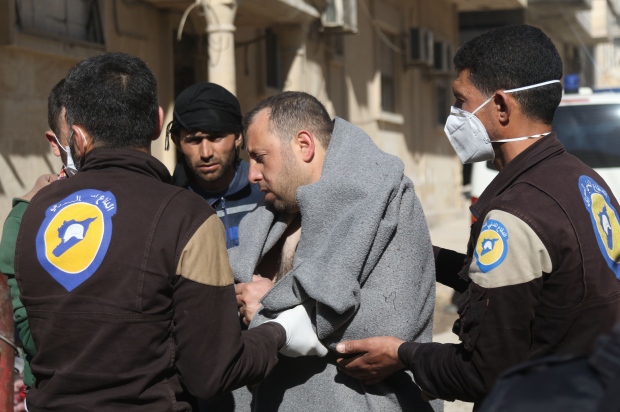
A suspected chemical attack, believed to be by Syrian government jets, killed at least 58 people including 11 children under the age of eight, in the northwestern province of Idlib on Tuesday, a war monitor and medical workers said.
A Syrian military source strongly denied that the Army had used any such weapons.
The attack caused many people to choke or faint, and some had foam coming out of their mouths, the Syrian Observatory for Human Rights said, citing medical sources who described it as a sign of a gas attack.
The air strikes on the town of Khan Sheikhoun, in the south of rebel-held Idlib, also wounded more than 60 people, said the Observatory, a British-based war monitoring group.
Syrian Military Denies Use of Chemical Weapons
Mounzer Khalil, head of Idlib's health authority, said the attack had killed more than 50 people and wounded 300.
Activists in northern Syria circulated pictures on social media showing a reported victim with foam around his mouth, and rescue workers hosing down almost naked children squirming on the floor.
The Syrian military source denied allegations that government forces had used chemical weapons, dismissing the accounts as rebel propaganda.
The army "has not and does not use them, not in the past and not in the future, because it does not have them in the first place," the source said.
A joint inquiry for the
United Nations and the global chemical weapons watchdog has previously accused government forces of toxic gas attacks.
United Nations and the global chemical weapons watchdog has previously accused government forces of toxic gas attacks.
Damascus has repeatedly denied using such weapons during the six-year war, which has killed hundreds of thousands and created the world's worst refugee crisis.
Warplanes continued to pound the town after the attack, including near a medical point where victims were being treated, the Observatory said.
Most of the town's streets had become empty, a witness said
The Syrian conflict pits President Bashar al-Assad's government, helped by Russia and Iranian-backed militias, against a wide array of rebel groups, including some supported by Turkey, the United States, and Gulf monarchies
Syrian and Russian air strikes have pounded various parts of Idlib, according to the Observatory, despite a ceasefire that Turkey and Russia brokered in December.
The province contains the largest populated area controlled by rebels - both nationalist Free Syrian Army groups and Islamist factions, including the formerly Al Qaeda-linked Nusra Front.
Idlib's population has ballooned, with thousands of fighters and civilians shuttled out of Aleppo city and areas around Damascus that the government has retaken in recent months.
US air strikes since January have also hit several areas in the rural province where jihadists have a powerful presence.
No Comments For This Post, Be first to write a Comment.
Most viewed from International
Most viewed from World
AIMIM News
Latest Urdu News
Most Viewed
May 26, 2020
Is it right to exclude Bangladesh from the T20 World Cup?
Latest Videos View All
Like Us
Home
About Us
Advertise With Us
All Polls
Epaper Archives
Privacy Policy
Contact Us
Download Etemaad App
© 2026 Etemaad Daily News, All Rights Reserved.

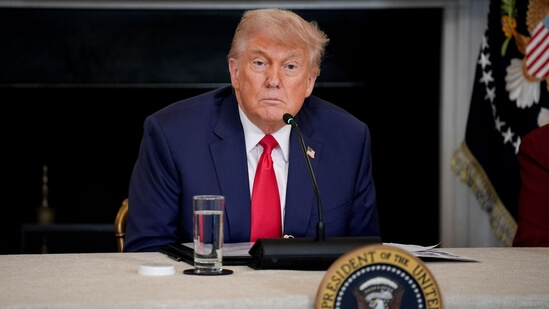
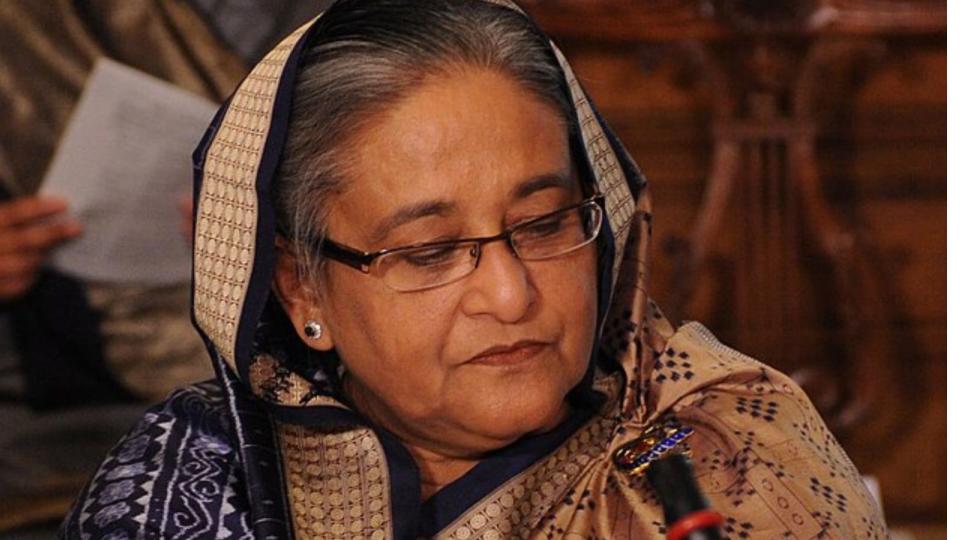
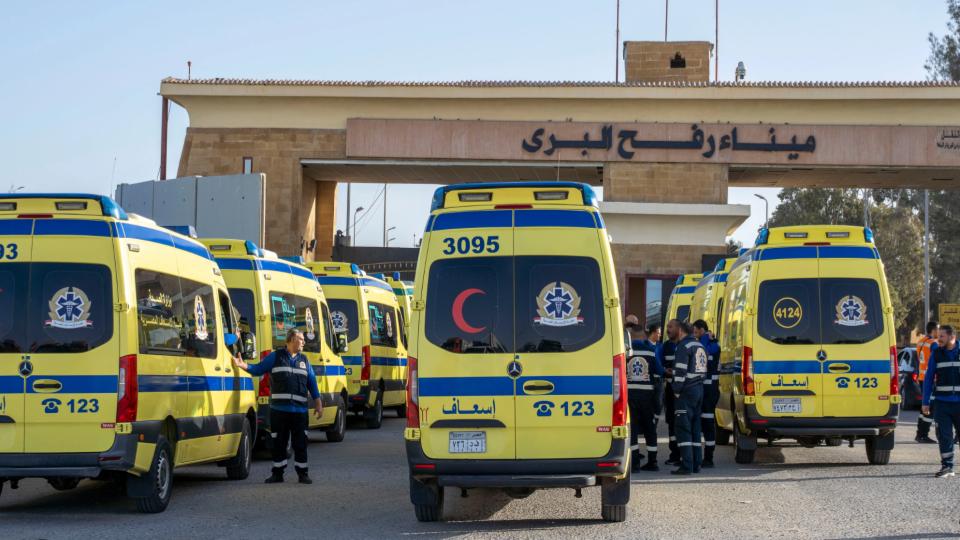
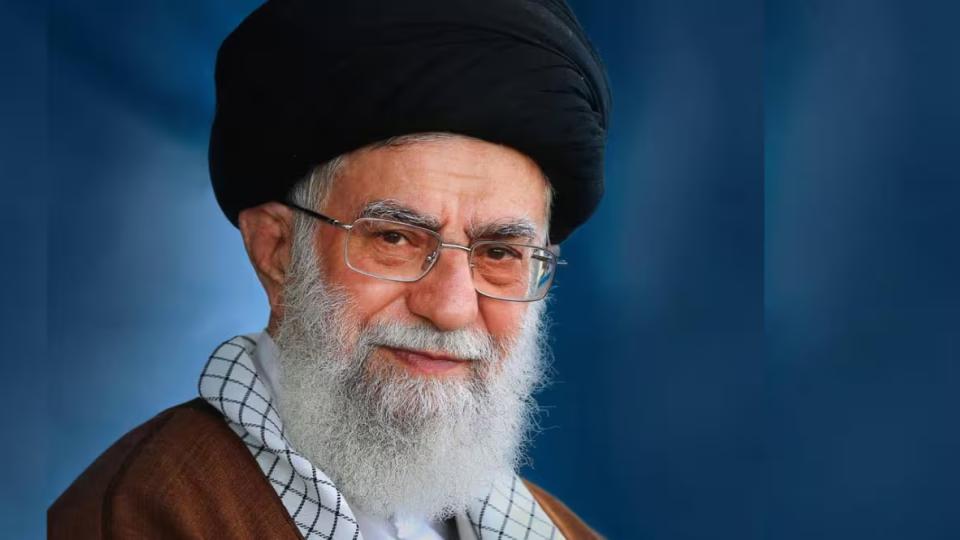
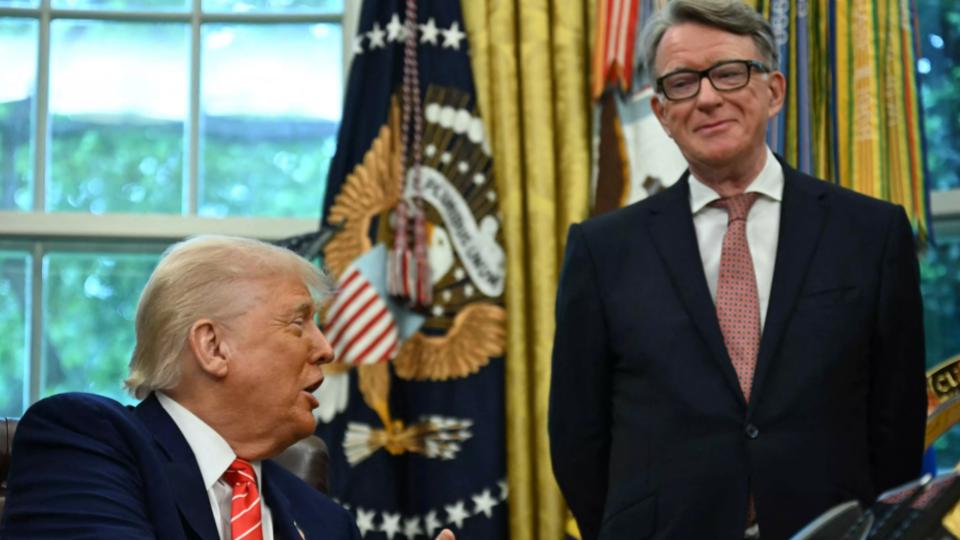
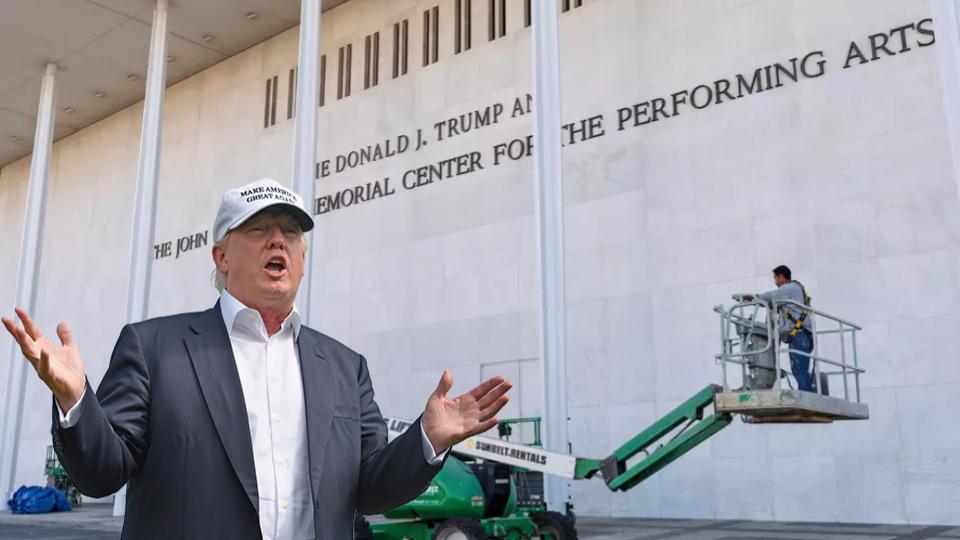
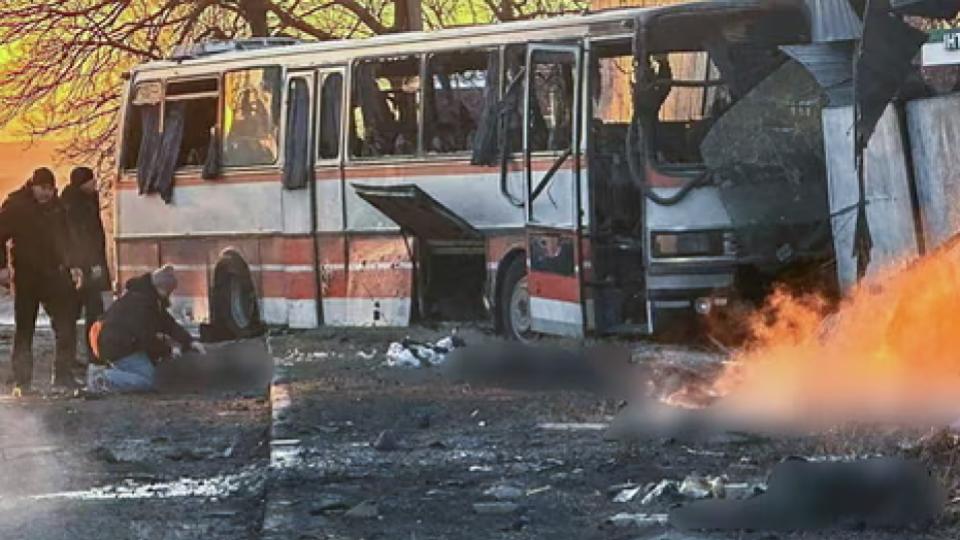

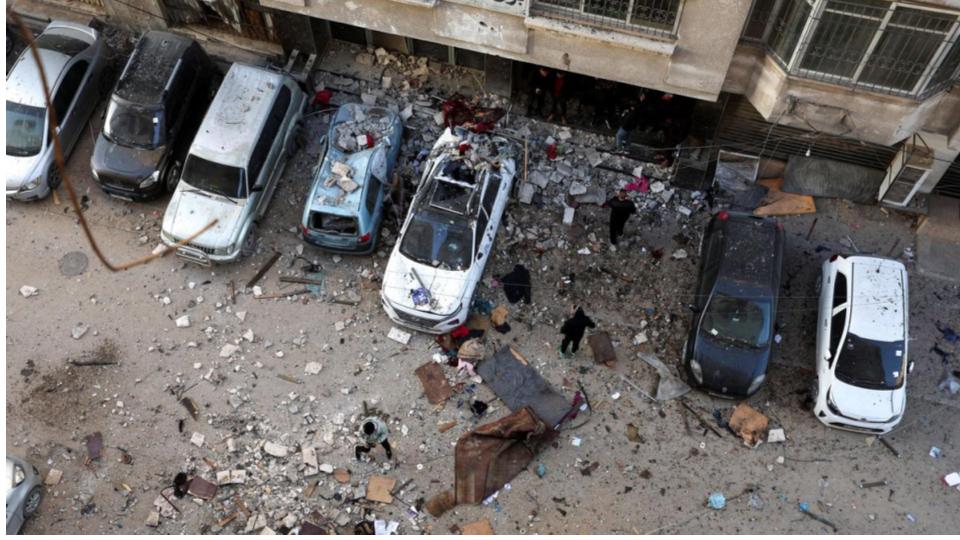
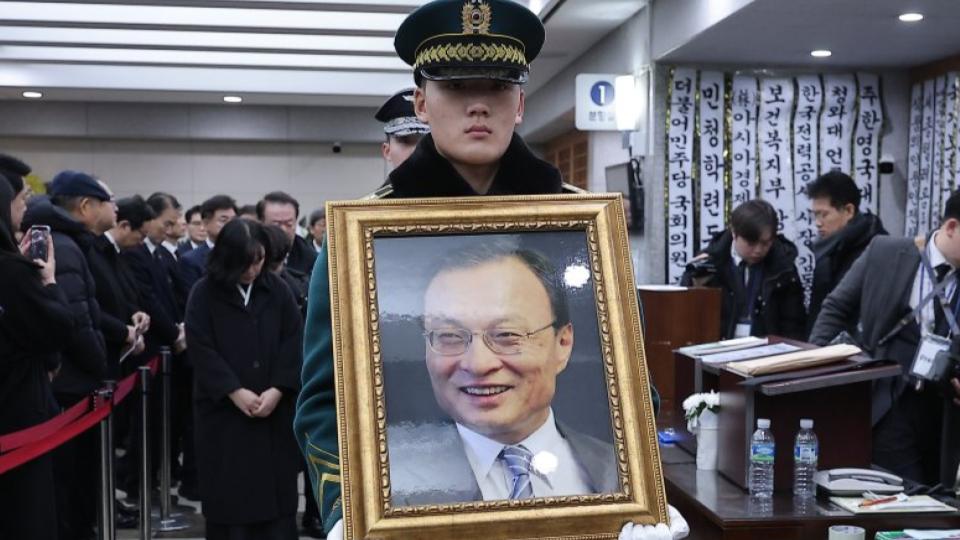
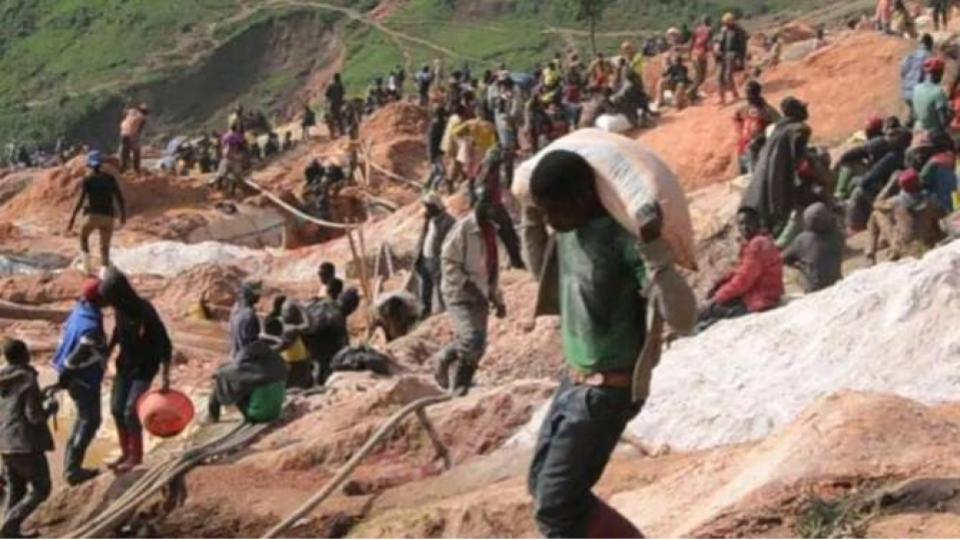
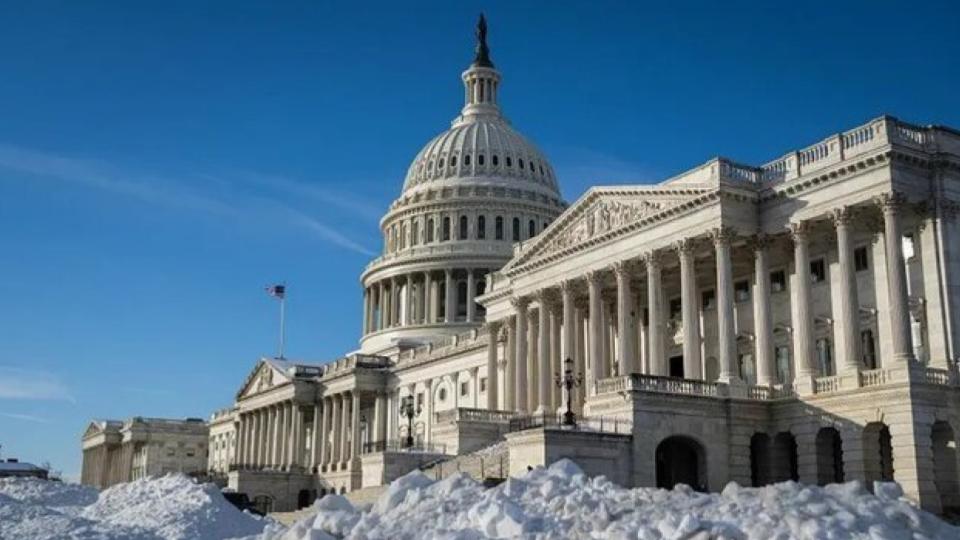
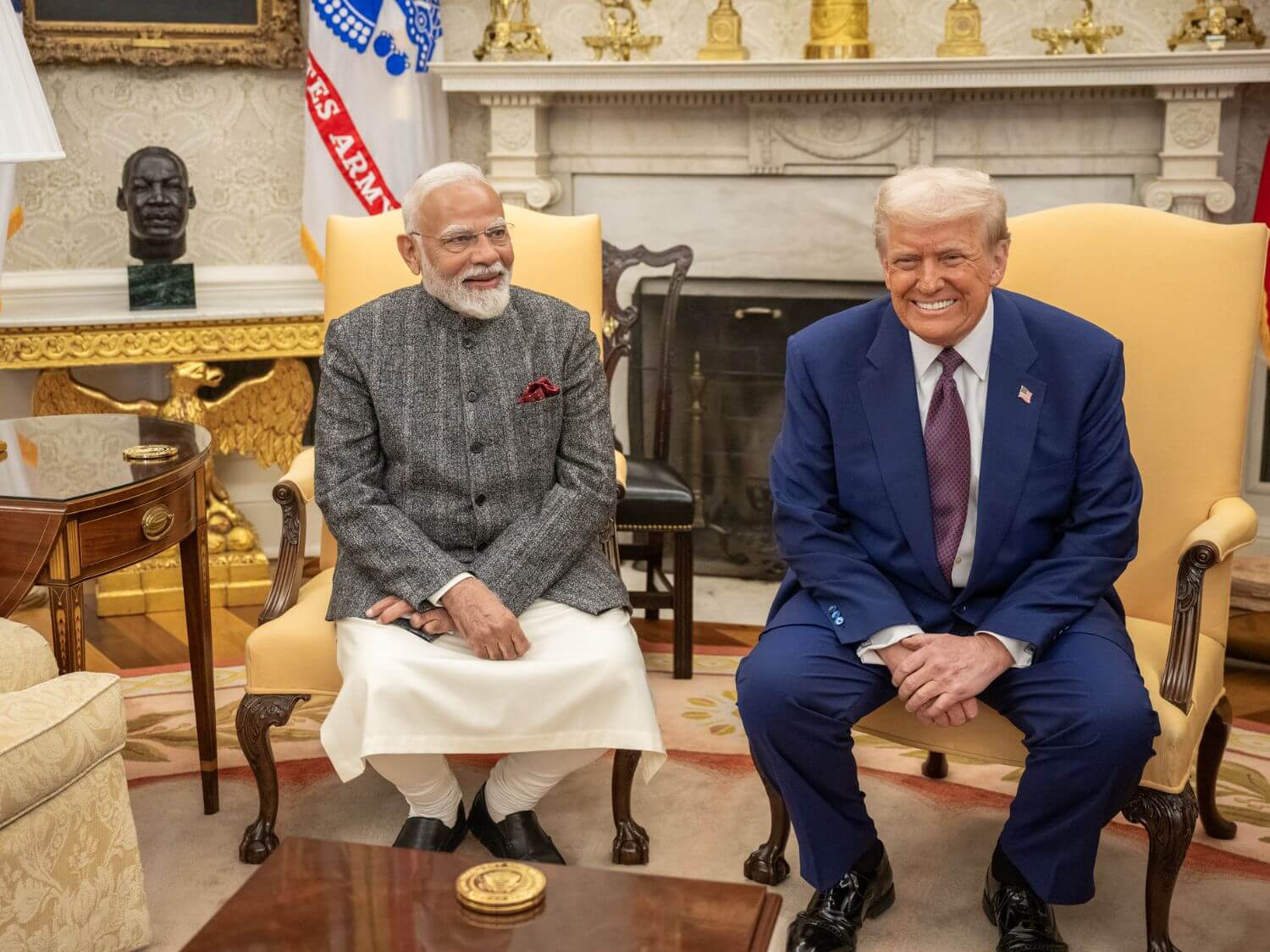
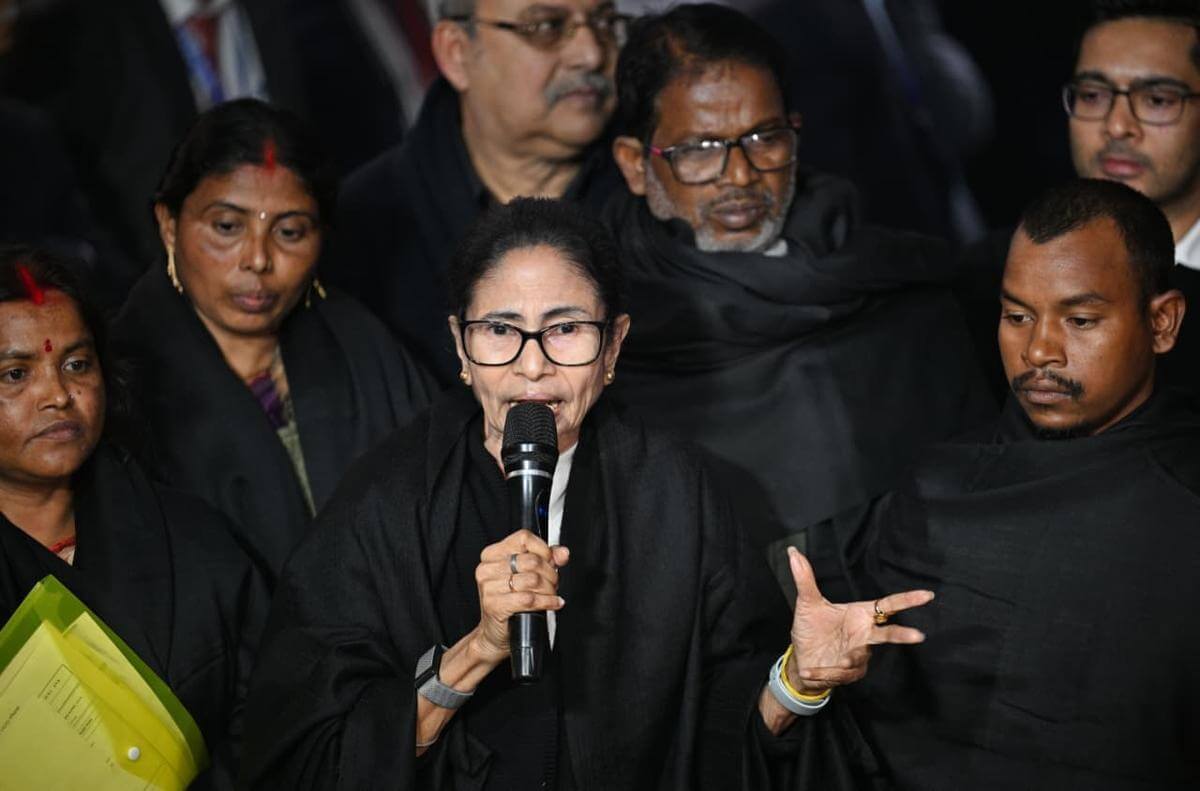

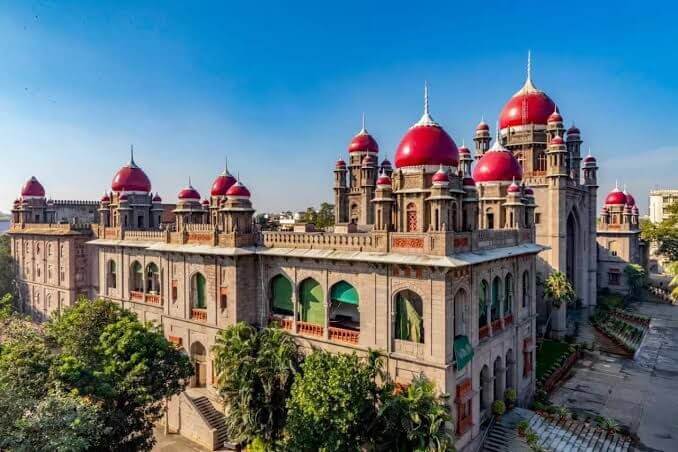
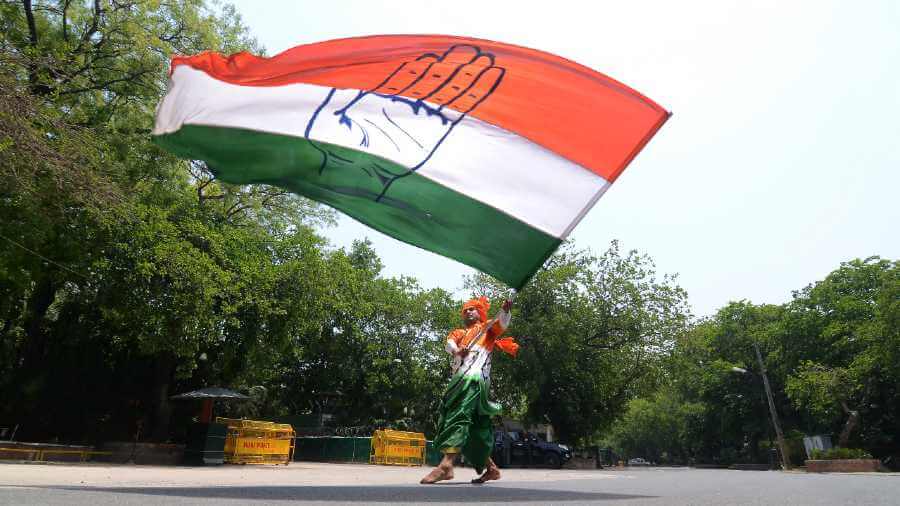

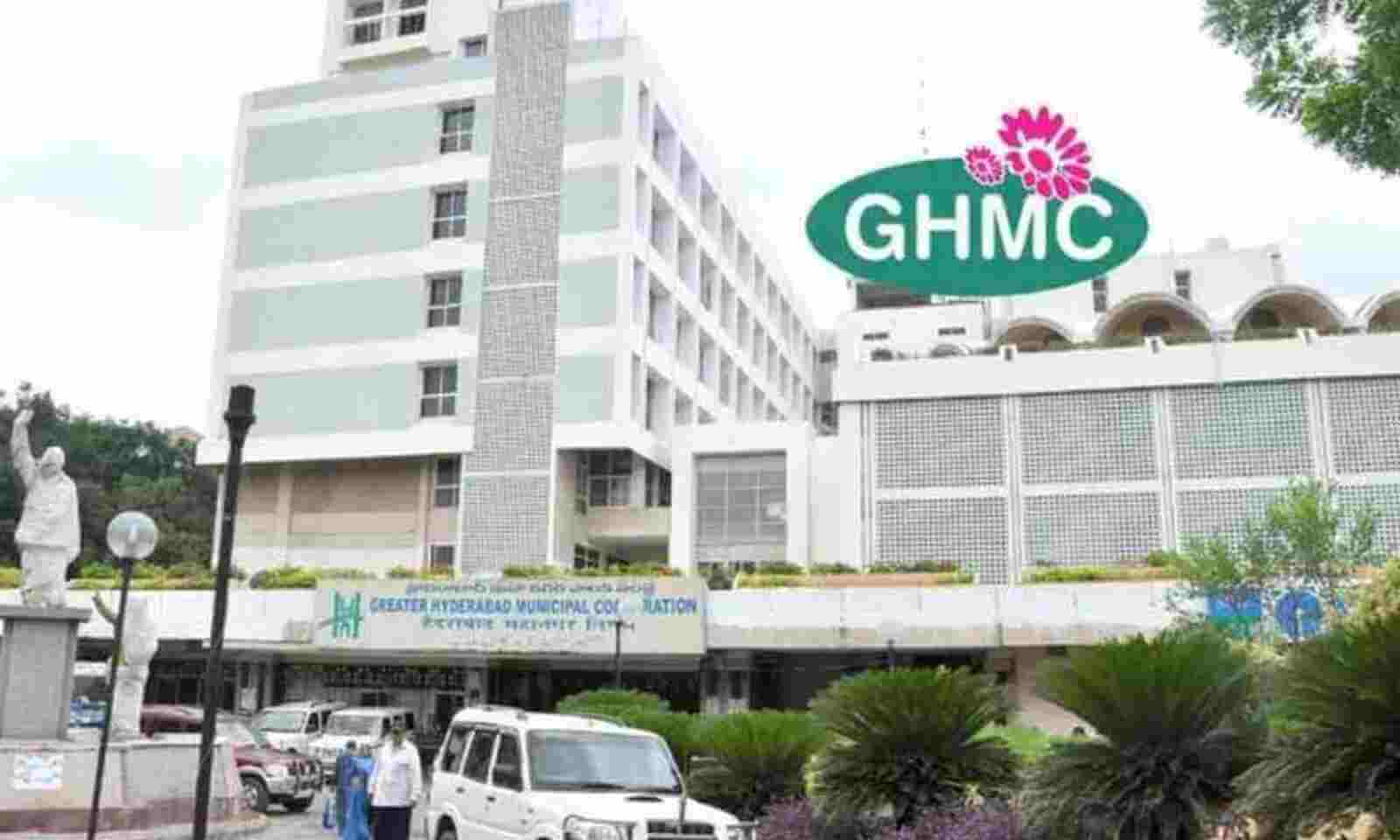
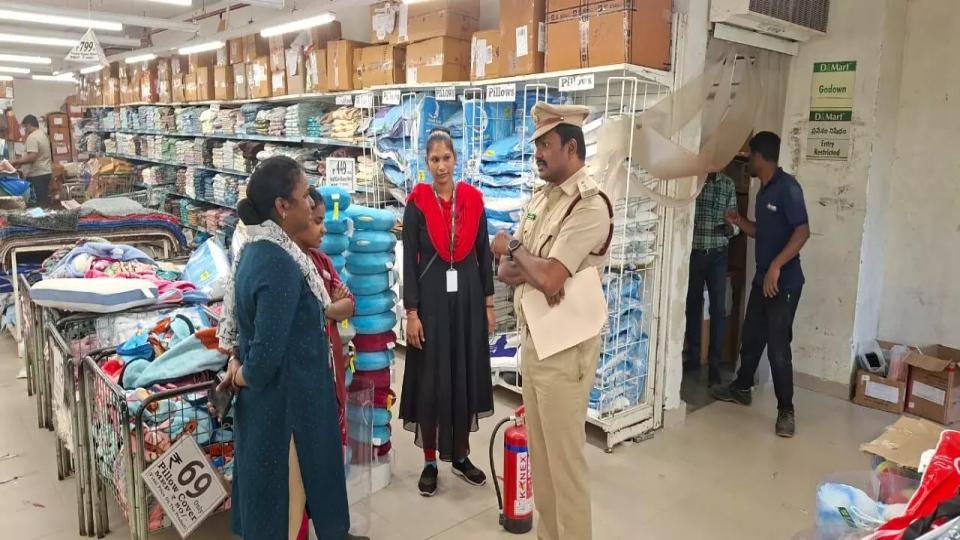
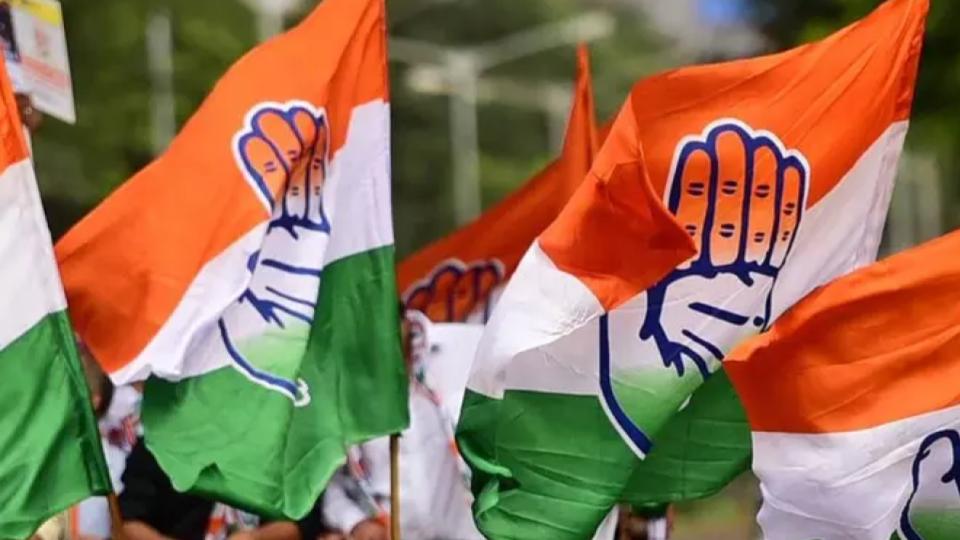

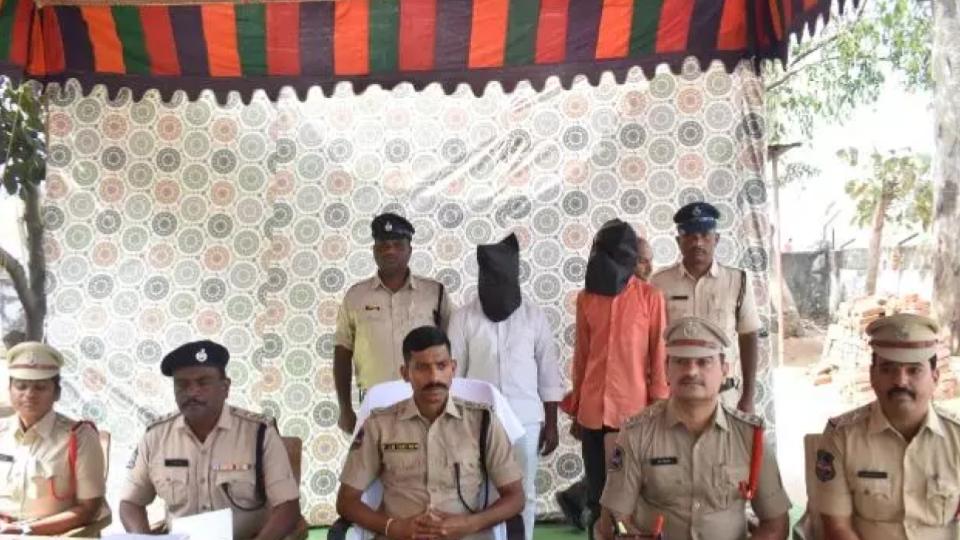













.jpg)
.jpg)
.jpg)


